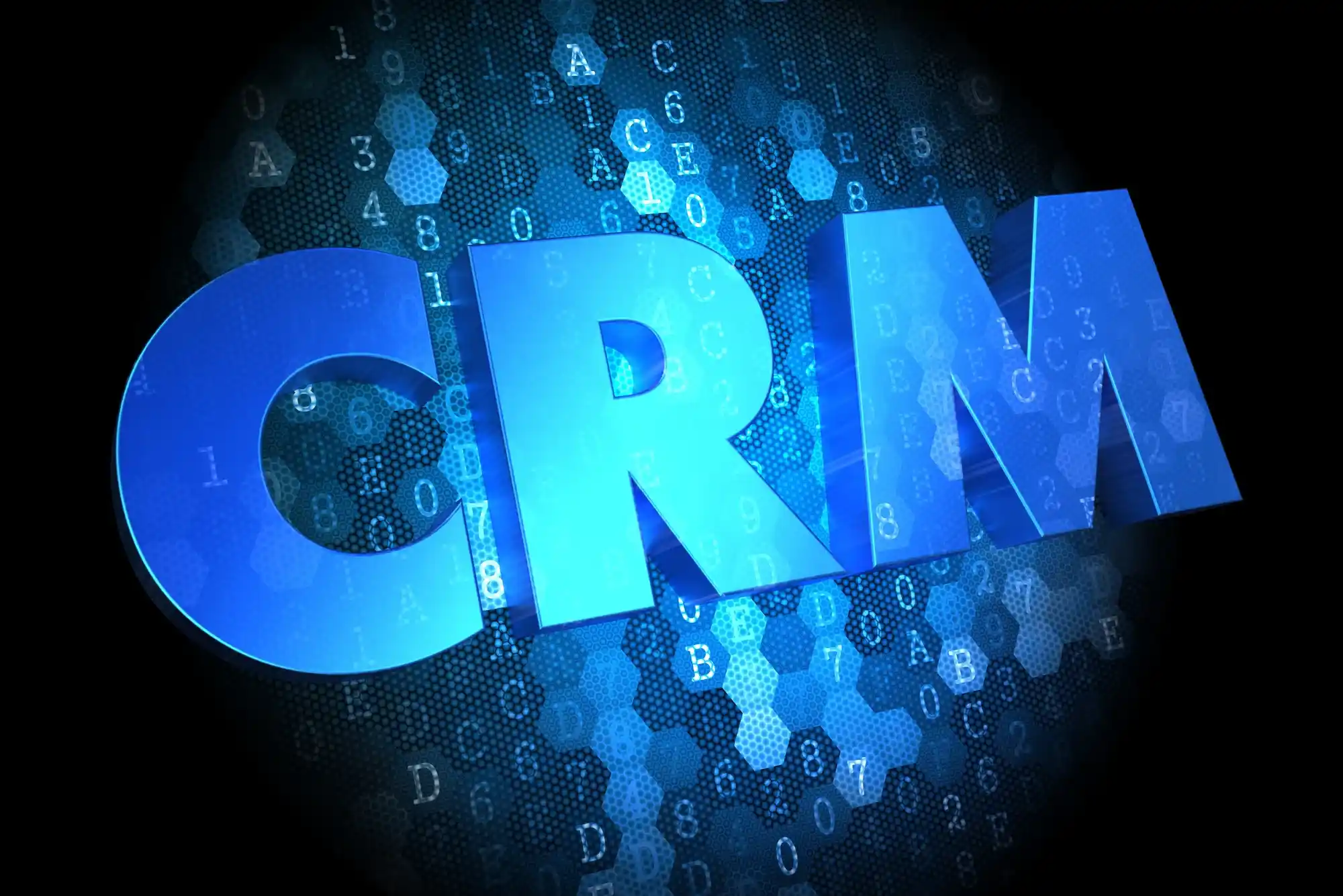In the fast-paced world of business software, terms like CRM (Customer Relationship Management) and project management software are often used interchangeably, leading to confusion among business owners, marketers, and even IT professionals. While both systems are vital for organizational success, they serve distinctly different purposes. Understanding these differences — and how they sometimes overlap — is key to selecting the right tools for your team.
What Is CRM Software?
CRM software is primarily designed to manage a company’s interactions with current and potential customers. It serves as a centralized database where sales, marketing, and customer support teams can track communication history, manage leads, and forecast sales.
Core Functions of CRM Software:
-
Contact management
-
Sales pipeline tracking
-
Lead nurturing and conversion
-
Email and phone call logging
-
Customer segmentation and data analytics
Popular CRM tools like Salesforce, HubSpot, and Zoho CRM help businesses maintain strong customer relationships and improve conversion rates.
What Is Project Management Software?
Project management software, on the other hand, is built to plan, execute, and track internal or external projects. It enables teams to collaborate on tasks, set deadlines, assign responsibilities, and monitor project timelines from start to finish.
Core Functions of Project Management Software:
-
Task assignment and tracking
-
Gantt charts and Kanban boards
-
Deadline and milestone setting
-
Resource allocation
-
Time tracking and reporting
Common project management tools include Asana, Trello, Monday.com, and Microsoft Project, which help teams organize workflows and deliver projects on time.
Key Differences Between CRM and Project Management Software
While both tools are essential to productivity and growth, they focus on different organizational areas.
1. Primary Purpose
-
CRM: Focuses on building and maintaining customer relationships.
-
Project Management Software: Concentrates on managing internal or client-related projects and team collaboration.
2. End Users
-
CRM: Used mainly by sales, marketing, and customer support teams.
-
Project Management Software: Primarily used by project managers, product teams, designers, and developers.
3. Data and Workflow Focus
-
CRM: Emphasizes customer lifecycle, sales stages, and communication history.
-
Project Management: Emphasizes tasks, timelines, dependencies, and deliverables.
4. KPIs and Success Metrics
-
CRM KPIs: Conversion rate, customer retention, deal value, response time.
-
Project KPIs: On-time delivery, task completion rate, budget adherence.
Where CRM and Project Management Software Overlap
Despite their different purposes, there is often a gray area where CRM and project management features converge. This is especially evident in platforms that offer project management CRM capabilities — a hybrid of both systems.
For example, a marketing agency may use a project management CRM to track client communication (CRM side) while also managing deliverables like campaign assets and deadlines (project management side).
These overlaps are particularly useful for service-based businesses that juggle both client relationship management and ongoing project coordination.
Do You Need Both CRM and Project Management Software?
Whether you need both systems depends on the nature of your business and team structure.
You Might Need Both If:
-
You manage client relationships and long-term projects (e.g., a digital agency, law firm, or consulting company).
-
You have distinct departments (sales vs. project teams) requiring specialized tools.
-
Your business handles complex customer onboarding processes.
You Might Need One Tool If:
-
Your company only manages internal tasks with no customer interaction (project management only).
-
You operate a high-volume sales pipeline without complex project coordination (CRM only).
Benefits of Integrating CRM and Project Management
For companies that require both functionalities, integrating CRM with project management software — or using a project management CRM — can bring several benefits:
1. Improved Team Collaboration
Everyone can access the same client and task data, reducing miscommunication and duplication of work.
2. Enhanced Client Experience
Sales teams can see project progress, while project managers can understand client history and expectations.
3. Centralized Data
Combining customer and task data into one system creates a more streamlined workflow.
4. Better Reporting
Unified dashboards help decision-makers track both project performance and customer engagement metrics.
5. Automation Opportunities
You can automate tasks such as follow-ups after project milestones or re-engaging dormant leads when a project wraps up.
Examples of Software Offering Project Management CRM Features
If you’re looking for tools that merge CRM and project management capabilities, consider the following:
-
Zoho CRM Plus – Combines sales, marketing, and project tools in one suite.
-
Insightly – Designed with both CRM and project management functionalities.
-
Bitrix24 – Offers a broad range of features including task management and contact tracking.
-
Monday.com CRM – Recently added CRM capabilities to its existing project management platform.
Final Thoughts
In summary, CRM and project management software are designed for different business needs but can complement each other in powerful ways. While CRM systems focus on nurturing customer relationships, project management tools streamline workflows and team collaboration.
Choosing between the two — or deciding to use both — depends on your business structure, team needs, and long-term goals. For many modern companies, especially those in client-facing industries, investing in a project management CRM may provide the best of both worlds.









